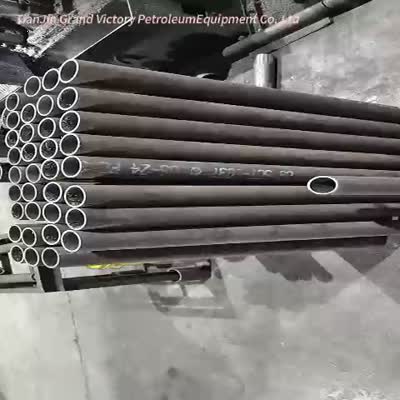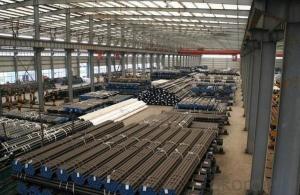Tianjin Longkailai Oil Tubing: Industrial Applications, High-Quality Standards
- Loading Port:
- Tianjin
- Payment Terms:
- TT OR LC
- Min Order Qty:
- 1 m.t.
- Supply Capability:
- 1600 m.t./month
OKorder Service Pledge
OKorder Financial Service
You Might Also Like
Specification
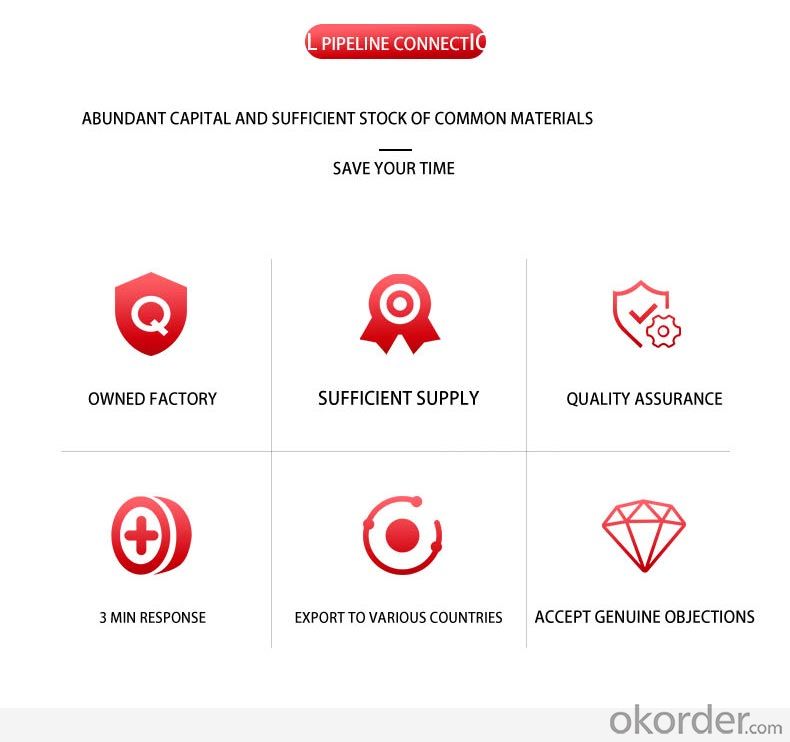
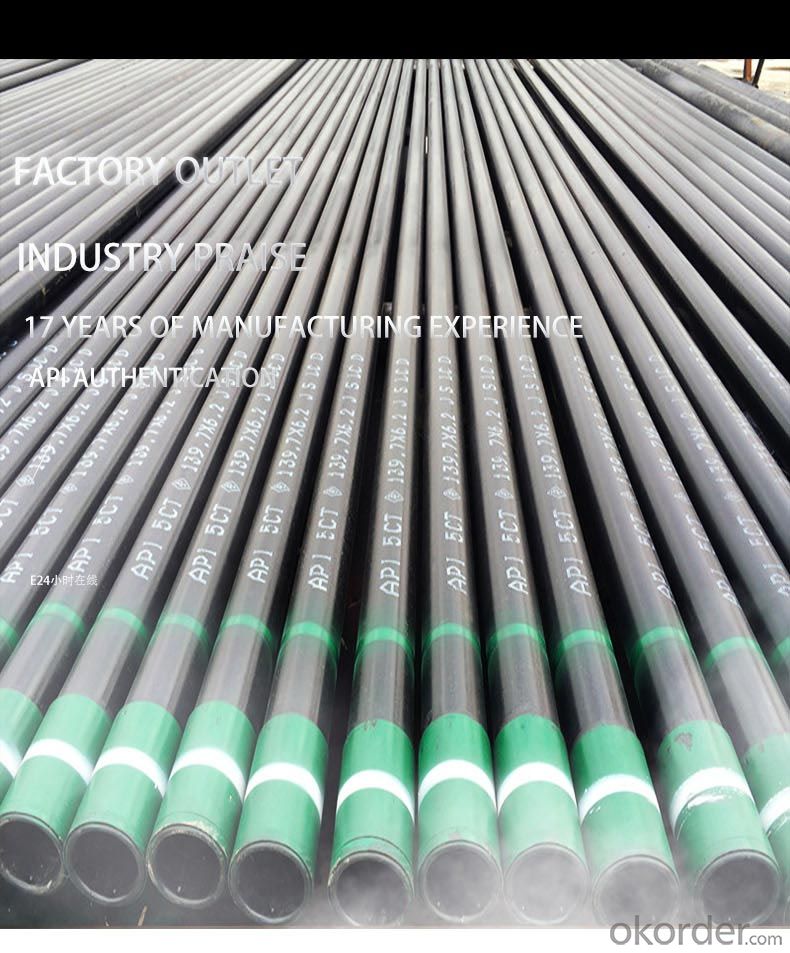
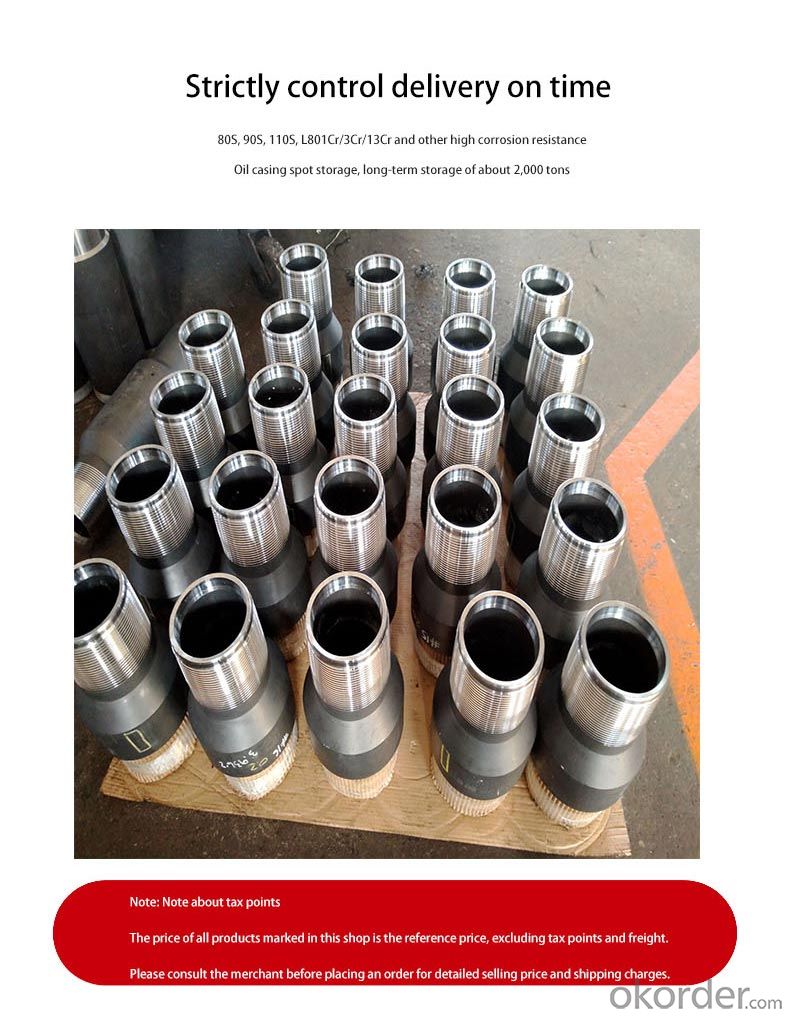
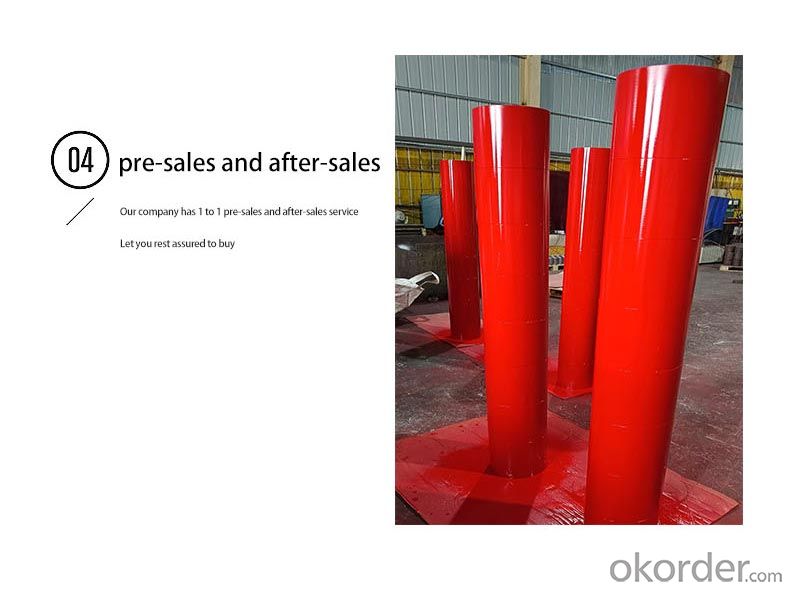
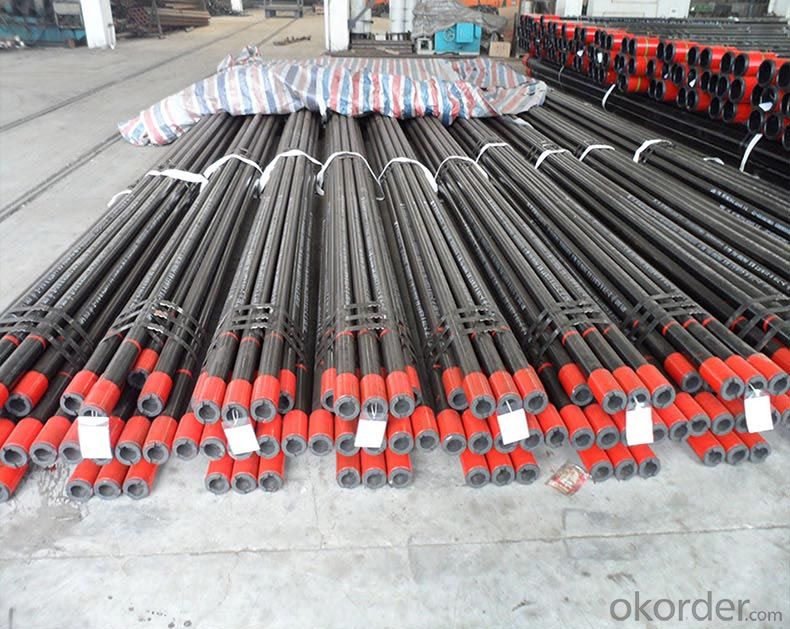
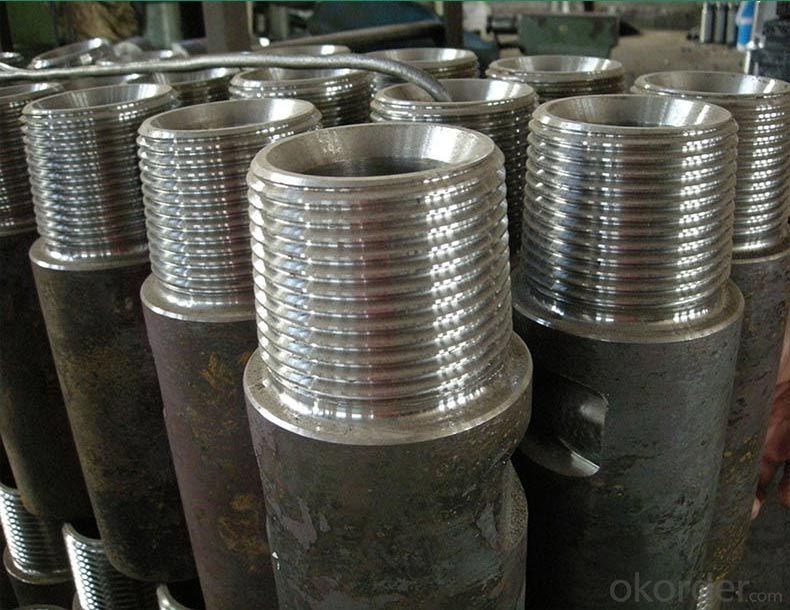
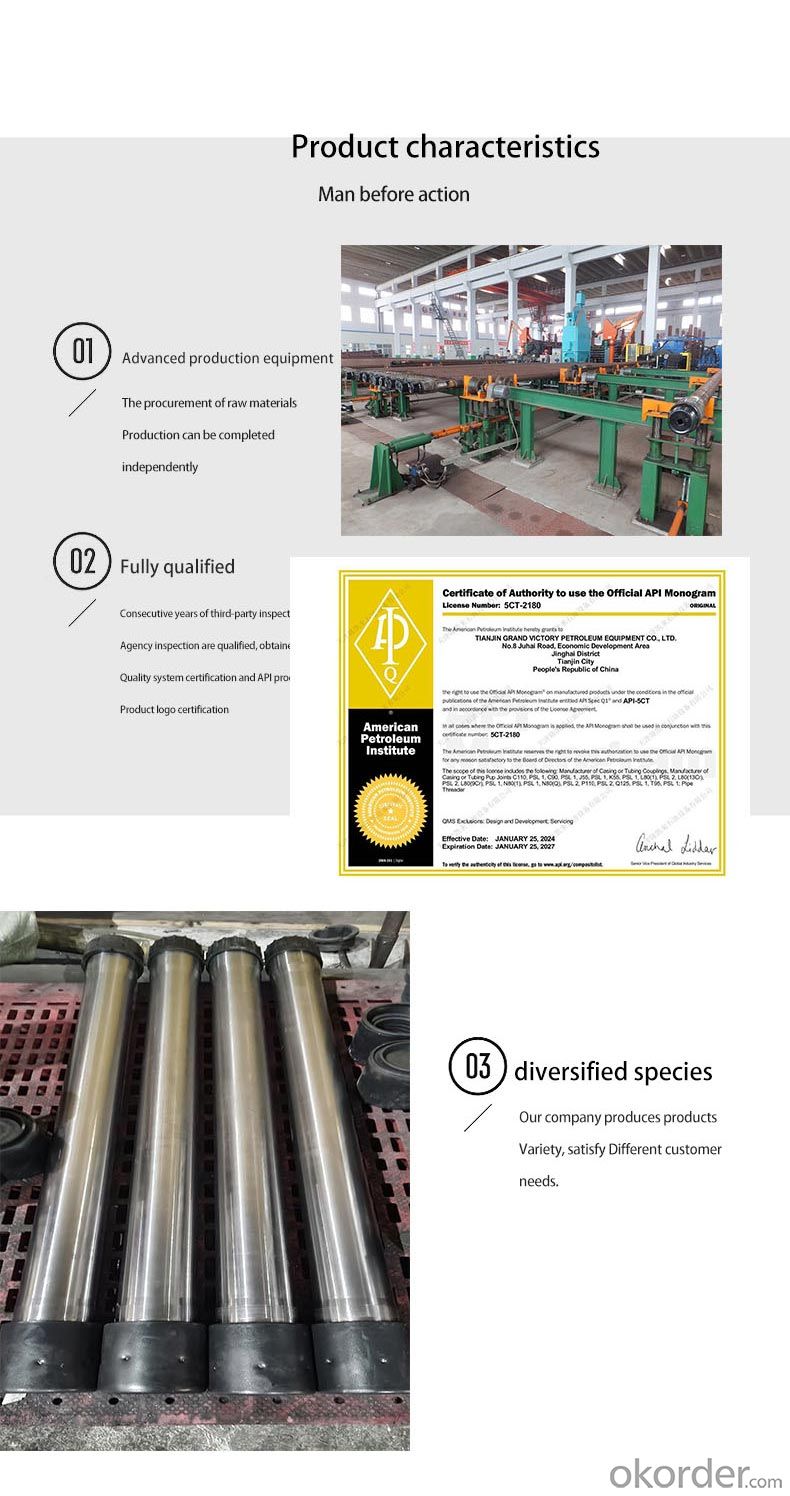
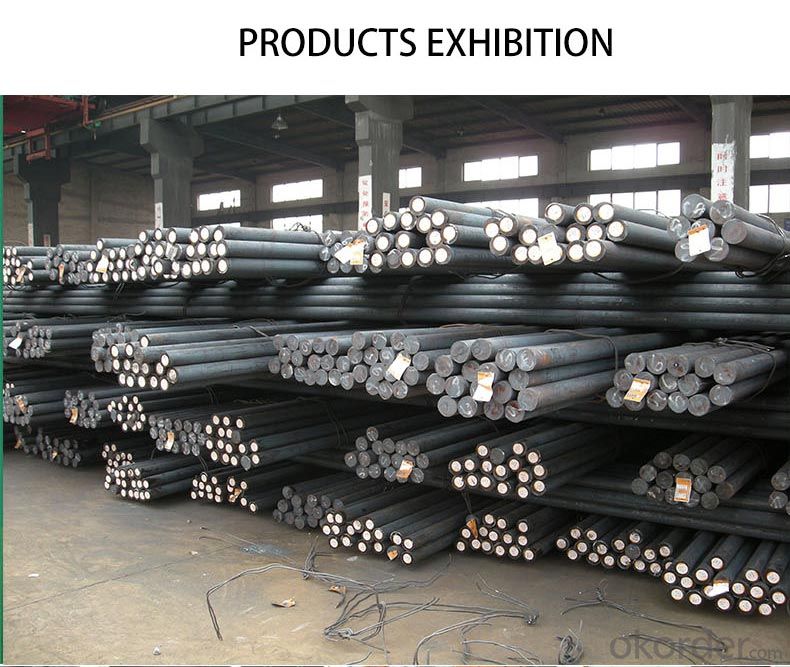
API 5CT J55/N80/P110 OCTG Casing & Tubing Manufacturer Direct
Comprehensive OCTG Solutions for Every Well Profile
As an API-licensed manufacturer, we eliminate intermediaries to deliver J55/N80/P110 casing and tubing with 15% cost savings. Our vertically integrated production process ensures full traceability from steel billet to finished product.
Technical Specifications
Material Science:
J55: 0.45% Mn, 0.25% C composition for shallow wells (≤8,000ft TVD)
N80: Quenched & tempered microstructure withstands 12,000psi collapse pressure
P110: 110ksi SMYS with Charpy V-notch impact ≥45J at -20°C
Threading Technology:
CNC-machined API LTC/BTC threads with ±0.003" pitch diameter tolerance
Optional VAM TOP connections for HPHT wells
Quality Assurance:
100% ultrasonic testing (UT) for laminations
Hydrostatic tested to 80% of yield strength
Applications
J55: Water injection wells, surface casing
N80: Intermediate casing in sour gas fields
P110: Production casing in 15,000psi reservoirs
Case Study
A Permian Basin operator reduced casing costs by 18% using our direct-shipment P110 casing for 35 horizontal wells, achieving 95% torque-turn compliance during running
- Q: What is the theoretical weight per square meter of the steel pipe diameter of the outer frame and the thickness of the tube wall 3mm 48mm?
- Formula: outside diameter - wall thickness * wall thickness *0.02466=, weight per meter! : 48-3*3*0.02466=3.3291
- Q: What is the outer diameter and wall thickness of the welded steel pipe of national standard DN250?
- DN (nominal diameter) 250 is generally the industry said 273, welded steel pipe (spiral steel pipe) thickness is generally between 6-8mm, more common.
- Q: Can steel pipes be used for plumbing?
- Yes, steel pipes can be used for plumbing. They are commonly used in commercial and industrial applications due to their durability and strength. However, they are less common in residential plumbing due to their higher cost and the availability of alternative materials such as copper and PVC.
- Q: What is the cost of steel pipes compared to other pipe materials?
- The cost of steel pipes is typically higher compared to other pipe materials such as PVC or copper.
- Q: Can steel pipes be used for structural supports?
- Yes, steel pipes can be used for structural supports. Steel pipes are strong, durable, and have high load-bearing capacity, making them suitable for providing structural support in various applications such as buildings, bridges, and infrastructure projects.
- Q: Are steel pipes resistant to ultraviolet (UV) radiation?
- Steel pipes are not inherently resistant to ultraviolet (UV) radiation. UV radiation can cause degradation and discoloration of certain materials, including steel. However, the extent of the damage depends on various factors such as the type of steel, the duration and intensity of exposure to UV radiation, and the presence of protective coatings or finishes on the steel pipes. In general, uncoated steel pipes are more susceptible to UV radiation damage compared to pipes that have been treated with protective coatings or finishes. These coatings, such as epoxy or polyethylene, provide a barrier against UV radiation and help to prevent the degradation and discoloration of the steel. Therefore, it is important to consider the specific application and environment when choosing steel pipes and implementing appropriate protective measures to ensure their longevity and performance.
- Q: How do you connect steel pipes together?
- To connect steel pipes together, there are several methods commonly used in various industries. One commonly used method is welding. Welding involves heating the ends of the steel pipes and then joining them together using a welding rod or wire. This method creates a strong and durable connection that is capable of withstanding high pressures and temperatures. Another method is threading, where threads are cut into the ends of the steel pipes. These threaded ends can then be screwed together using pipe fittings such as couplings or unions. Threading is commonly used for smaller diameter pipes and is advantageous as it allows for easy disassembly and reassembly of the pipes. Flanges can also be used to connect steel pipes together. Flanges are flat, circular discs with holes in them that can be bolted together. They provide a strong and secure connection, especially for large diameter pipes or pipes that need to be easily disconnected for maintenance or repairs. Pipe fittings such as couplings, tees, elbows, or reducers can also be used to connect steel pipes together. These fittings are typically made of steel or other materials and are designed to be welded, threaded, or connected using other methods like grooving or compression. It's important to note that the method used to connect steel pipes together will depend on various factors such as the pipe size, the application, the required strength, and the specific industry standards or codes that need to be followed. Therefore, it's essential to consult with a qualified professional or refer to industry-specific guidelines when choosing the appropriate method for joining steel pipes.
- Q: What are the factors affecting the lifespan of steel pipes?
- There are several factors that can affect the lifespan of steel pipes. 1. Corrosion: Corrosion is one of the primary factors that can significantly reduce the lifespan of steel pipes. Exposure to moisture, chemicals, and other corrosive elements can lead to rusting and degradation of the pipe material over time. 2. Environmental conditions: The environment in which the steel pipes are installed plays a crucial role in their lifespan. Extreme temperatures, humidity, and exposure to various weather conditions can accelerate the corrosion process and weaken the pipe structure. 3. Water quality: The quality of the water flowing through the steel pipes can also impact their lifespan. Water with high acidity or alkalinity levels, excessive chlorine, or other contaminants can cause corrosion and deterioration of the pipe material. 4. Installation quality: The way steel pipes are installed can affect their lifespan. Poor installation practices, such as inadequate support or incorrect alignment, can lead to stress points and structural weaknesses, making the pipes more prone to failure. 5. Maintenance and repair: Regular maintenance and timely repairs are crucial in maximizing the lifespan of steel pipes. Proper cleaning, inspection, and corrosion protection measures can help identify and address potential issues before they progress and cause significant damage. 6. Design and material quality: The design and quality of steel used in pipe manufacturing are important factors in determining their lifespan. High-quality steel with appropriate alloy composition and thickness provides better resistance to corrosion and mechanical stress, ensuring a longer lifespan. 7. Load and pressure: The load and pressure that steel pipes are subjected to can impact their durability. Excessive pressure or frequent variations in pressure can put stress on the pipe walls, leading to fatigue or failure over time. By considering and addressing these factors, it is possible to extend the lifespan of steel pipes and ensure their reliable performance over an extended period.
- Q: RC is it welded steel pipe or galvanized steel pipe?
- RC pipe is galvanized steel pipe, usually followed by the diameter, such as RC50, that is, 50mm galvanized steel pipe.
- Q: What are the different types of steel pipe coatings for corrosive environments?
- There are several types of steel pipe coatings specifically designed for corrosive environments. Some common options include fusion-bonded epoxy (FBE) coatings, liquid epoxy coatings, polyethylene (PE) coatings, and polyurethane (PU) coatings. These coatings provide a protective layer to prevent corrosion and extend the lifespan of the steel pipes in various corrosive conditions.
Send your message to us
Tianjin Longkailai Oil Tubing: Industrial Applications, High-Quality Standards
- Loading Port:
- Tianjin
- Payment Terms:
- TT OR LC
- Min Order Qty:
- 1 m.t.
- Supply Capability:
- 1600 m.t./month
OKorder Service Pledge
OKorder Financial Service
Similar products
Hot products
Related keywords
